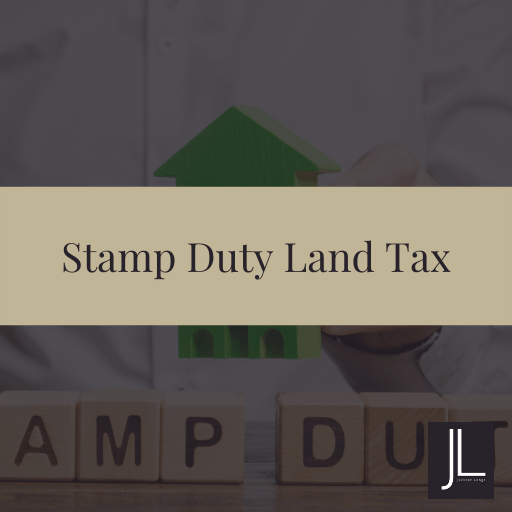
What is SDLT?
Stamp Duty Land Tax (SDLT) is a land tax payable upon the acquisition on land/property in England and Northern Ireland.
The types of land transactions that would typically trigger SDLT are as follows:
- Buying land and/or a building; and
- Taking on a new lease, or Renewing an existing lease
SDLT is payable on both residential and commercial transactions and there are varying minimum thresholds that apply depending on the value of the transaction i.e SDLT is only payable on the excess above the relevant threshold.
In addition to thresholds, there are also certain reliefs available in specific circumstances.
For example:
If you, and anyone else you’re buying with, are first time buyers of a residential property you can claim relief on purchases:
- made on or after 22 November 2017
- where the purchase price is no more than £500,000
You will pay:
- 0% on the first £300,000
- 5% on the remainder up to £500,000
If the purchase price is more than £500,000 you cannot claim the relief and you must pay the standard rates on the total purchase price.[1]
When to submit the return and pay the tax due?
Whilst historically the deadline to submit the tax return and pay the SDLT due to HMRC was 30 days from the date of completion (effective date of the transaction); new rules were introduced in March 2019 and the most significant of which is the change to the deadline for submitting the SDLT return and paying any SDLT due. This has been reduced by half from 30 days to just 14 days.
This means that time is now really of the essence when it comes to complying with the SDLT rules post completion.
The new time limit apply to all transactions with an effective date on or after 1 March 2019, with certain limited exceptions.
Who do the new rules affect?
All purchasers and tenants for transactions taking place in England and Northern Ireland so long as the relevant transaction triggers an SDLT liability, and/or to an obligation to file a tax return.
What penalties apply in the event of late filing and payment?
There is an automatic fixed initial penalty for late filing, and the amount depends on when the return is eventually filed, and payment made after the 14 day deadline.
The fixed penalties are:
- For a late filing of up to 3 months from the filing deadline – £100
- For a late filing of more than 3 months from the filing deadline – £200
In addition to the penalties, interest is payable from the filing deadline (the date after it was due) until the date it is actually paid. There is also a tax-based penalty if the SDLT is not paid within 12 months after the filing deadline. This can be up to the full amount of the SDLT which was due to be paid, again.
What can you do to ensure you file and/or pay in record time?
Solicitors can act as agents for their purchaser/tenant clients and would offer an additional service to help file the return as well as pay the tax due (subject to the client authorising it and making available all information and funds required).
This makes the process somewhat seamless as the solicitor would have most of the information to file the returns. Furthermore, solicitors invariably have an agent account with the HMRC via which they can complete the filing of returns electronically and so therefore in an expedient and timely manner.
Instructing your solicitor to file and/or pay your SDLT return and/or tax for you is the sure way to ensure there are no issues with late filing and payment.
For more information about SDLT rules and guidance, please contact our property solicitor, Amaka Jackson on 0208 332 2069 or via email info@jacksonlonge.com
[1] https://www.gov.uk/guidance/stamp-duty-land-tax-relief-for-land-or-property-transactions#first-time-buyers-relief